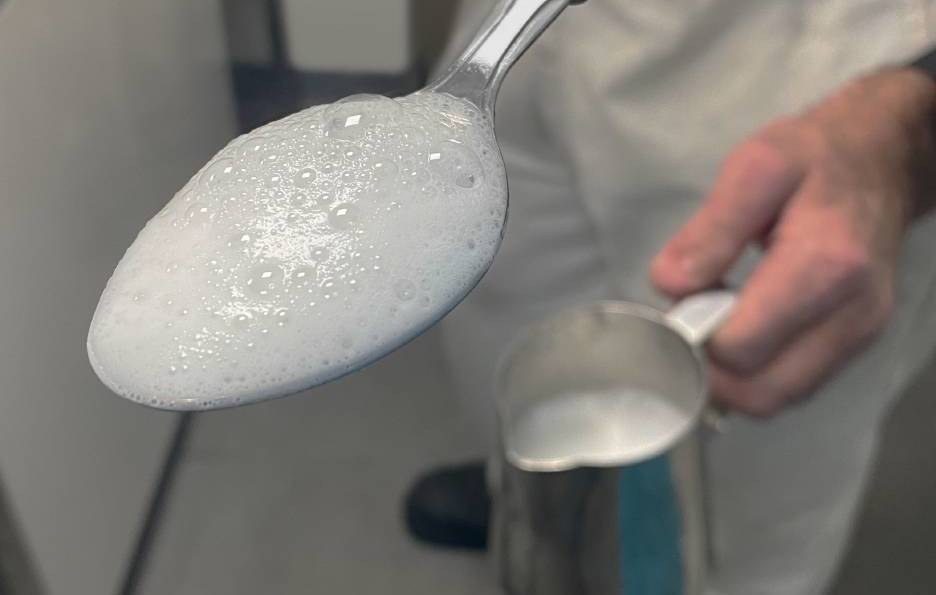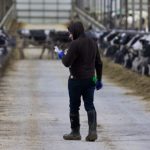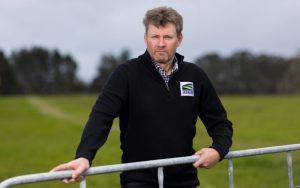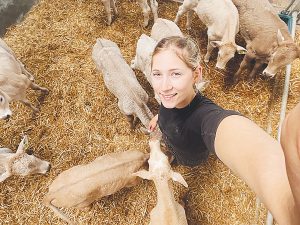
Auckland-based Daisy Lab uses genetically modified organisms to create milk protein. However, there are concerns about what this technology could mean for the dairy industry.
Co-founder and chief scientific officer Nikki Freed said genetically modified yeast is used to make proteins.
“What we’re interested in doing is making proteins that are typically found in cow’s milk but doing that without the cow.”
A process known as precision fermentation uses microbes as “factories” to produce specific ingredients.
It is commonly used in the pharmaceutical industry, but the team at Daisy Lab believes dairy proteins, such as whey, casein and lactoferrin, can be produced in the same way.
Freed added: “Our next steps will be basically creating or partnering with another company to create consumer formulations, so you see this on the supermarket shelf.”
The Environmental Protection Authority has granted approval for the company to scale up production 500-fold from its existing allowance.
Genetically modified organisms are considered a new organism and thus require approval, said general manager of hazardous substances and new organisms Chris Hill
“The kind of genetic modifications they are doing are also low risk; I mean, they’re not producing anything that could mimic a virus or anything like that.”
Agriculture and trade expert Alan Renwick said demand for protein is growing rapidly.
“It will be taking part of a growing market, but of course longer term, once they become very competitive, once they are able to produce at scale cheaply, then it may begin to erode into the dairy market.”
Freed said she does not think Daisy Lab will disrupt the dairy industry “too much.”
“I think even Fonterra recognises they cannot keep growing their herds. We can’t keep using the land that we have like we’re using right now.
In a statement, Fonterra said it has been actively researching and investing in precision fermentation since 2018.
It added there are numerous challenges to overcome before the technology can produce protein at similar costs to those sourced from milk.
You can now read the most important #news on #eDairyNews #Whatsapp channels!!!
🇺🇸 eDairy News INGLÊS: https://whatsapp.com/channel/0029VaKsjzGDTkJyIN6hcP1K
























